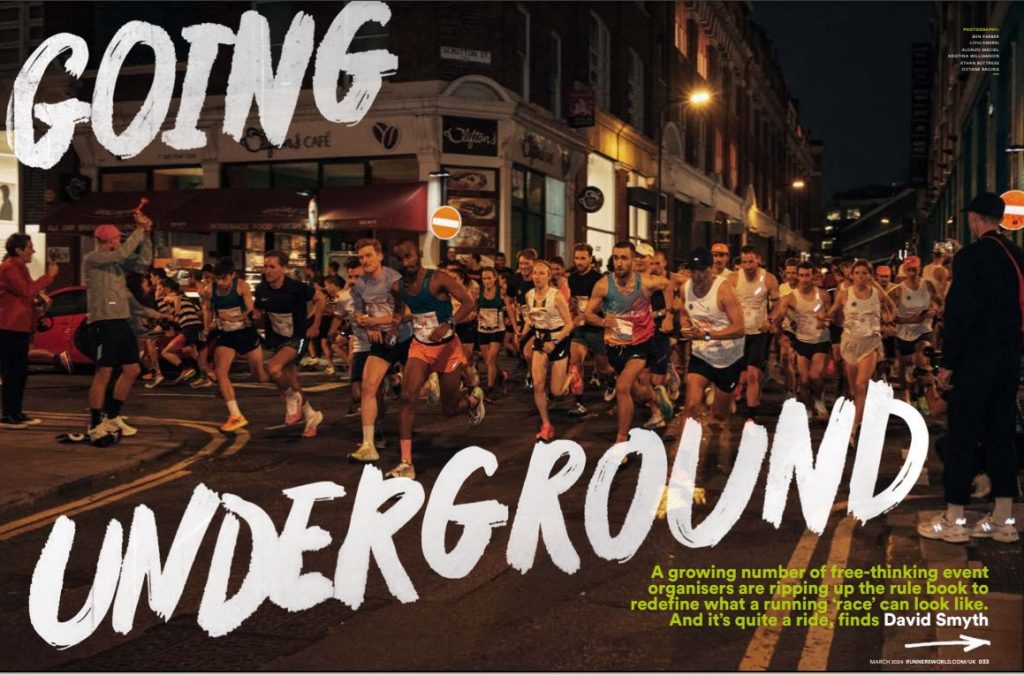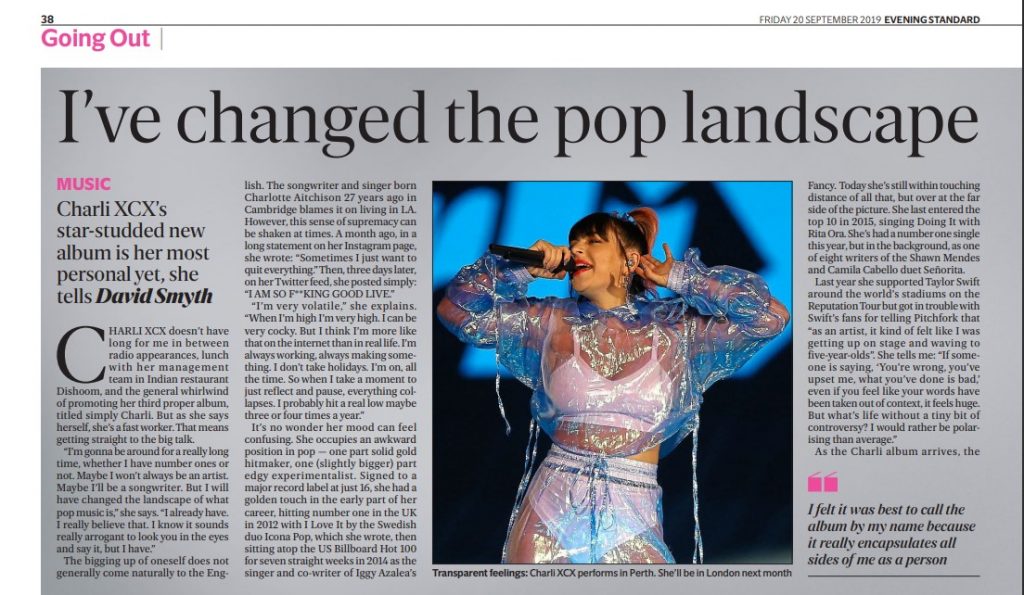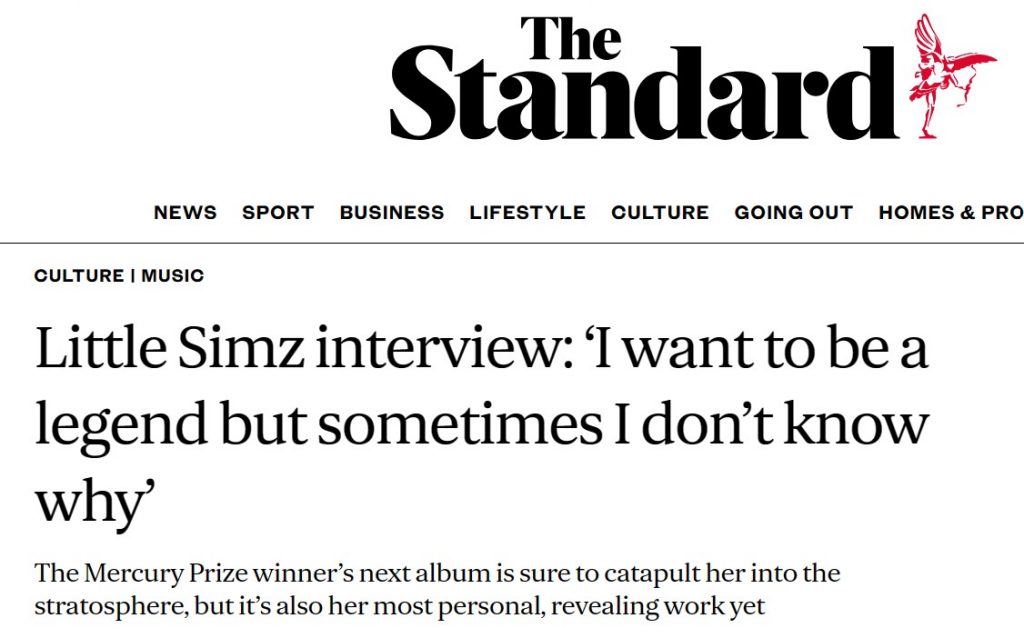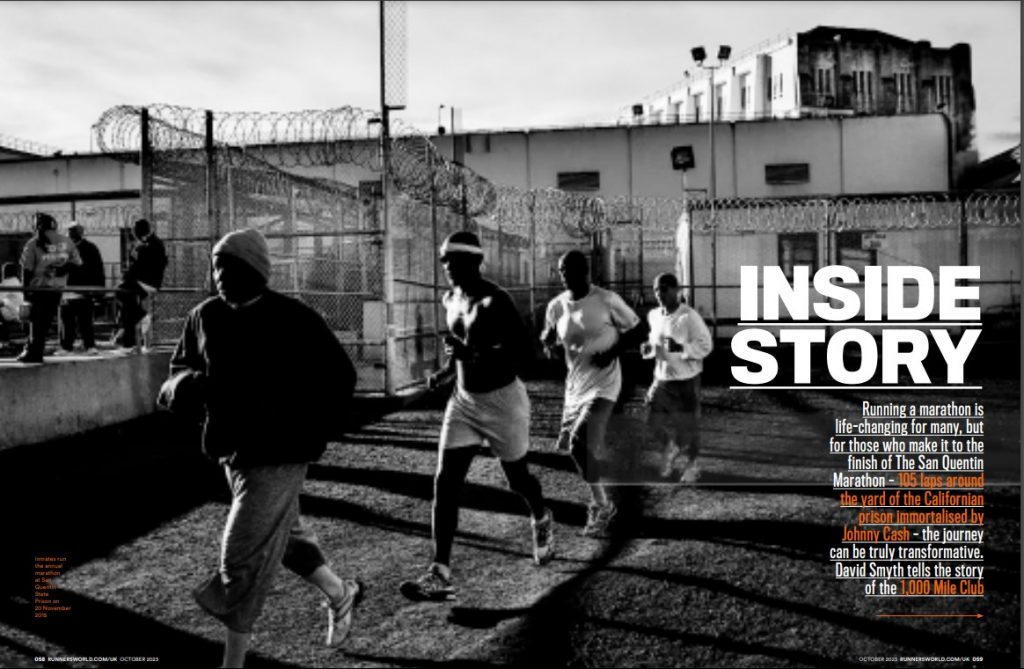For most people, running the London Marathon in under four hours is a huge achievement in itself. So doing it immediately after running between all 315 stations on the London Underground and Docklands Light Railway is nothing short of miraculous. For psychologist Dr Kevin Dutton and his running partner, Team GB Olympic rower John Collins, the 26.2 was the last part of a two week journey of almost 350 miles and what Collins measured as close to three quarters of a million steps.
The second to last part, actually. After crossing the finish line at The Mall, to complete their Metro Marathon the pair then had to trudge three more miles to the two new tube stops that had opened since they began their journey on 19 September: Nine Elms and finally Battersea Power Station.
‘It was actually a really useful thing, to have that three mile warm down at the end,’ says Dutton, a gregarious optimist who sounds like it would take a lot more than a fortnight of running through London traffic, plus sleeping rough to raise money for the homelessness organisation The Running Charity, to break him. ‘Sometimes once something is over and you look back, you realise it was fantastic. This was one of those rare occasions where I had that feeling while we were doing it,’ he says. ‘About halfway through, I had a flash that this was going to be one of the best times of our lives. I remember thinking: “You’re going to be sorry when this is over so try to absorb every minute of it.”’
Dutton conceived of the challenge after the death of a homeless man he had met on a few occasions: John Dwyer, who lived underneath the flyover in Chiswick, west London, for 36 years. He had run a few marathons in the past but no ultra distances. Even so he was certain he had what it takes to endure this kind of thing. In his day job as a Psychology professor and author he has argued that some of the personality traits of psychopaths can actually be valuable in business and elite performance. If you can dial up the fearlessness, mental toughness and coolness under pressure, and ideally dial down the murdering, you could be on to a good thing. His books include The Wisdom of Psychopaths and The Good Psychopath’s Guide to Success – the latter co-written with famed SAS tough guy Andy McNab.
Collins approached him after being inspired by one of his books, and while Dutton helped to prepare him for the double sculls event at the Tokyo Olympics, they became good friends. Despite his obvious overall fitness, Collins wasn’t the natural choice for an endurance running partner. ‘The running that rowers do is very much a token gesture,’ says Dutton. But it was the mental strength that he valued. ‘Rowing is a very stubborn sport,’ says Collins. ‘Once you say you’re going to do something, you’ll put yourself six feet under trying to do it.’
Returning to an empty diary after a disappointing Olympics where he and his sculls partner came fourth, Collins replied to Dutton’s invitation with two short words: ‘I’m in.’ Meanwhile Dutton had already been preparing for six months with a training plan developed by Dr Steve Ingham, a sport scientist who has worked with medal winners including Jessica Ennis-Hill, Steve Redgrave and Matthew Pinsent. They asked data scientists at the technology company Capgemini to come up with the shortest route between the stations, specifying only that the route should finish at Lewisham, near the Marathon start line. The boffins decreed that the start should be at the top left of the tube map, at Chesham. Collins and Dutton then mixed running and walking to tick off the stops in the prescribed order, following the walking routes on Google Maps between.
They avoided being too daunted by their task by never actually looking at the technicolour spaghetti of the tube maps on display in the stations, and dividing their journey into ‘chunks’. ‘We only printed out the stations we had to do on that day. We didn’t think about tomorrow,’ explains Dutton. ‘That compartmentalization was so important to our psychological strength.’
Asked which was their favourite stop, naturally they say Battersea Power Station, the newest and more importantly, last one. The least favourite? Theydon Bois, which was reached by wading through stinging nettles and running a gauntlet of unfriendly dogs at a travellers’ site. The sleeping rough was exactly that – rough – with overnight stays ranging from a grassy area between a runway at Heathrow and the M4, to the patio at Dutton’s celebrity mate’s house, Bruce Dickinson of Iron Maiden. ‘Of course we weren’t truly homeless but it’s amazing how quickly you start to feel alienated from the rest of society,’ says Dutton. ‘You get a real sense of “This is us and that’s the rest of them.”’
But there was no question of them giving up. ‘I had the belief that we could do it. And we did it through psychological smartness rather than brute strength, by breaking the task down into manageable bits,’ says Dutton. ‘I call it the GOD principle. Not the big man upstairs – what I’m talking about is Guts, Organisation, and Determination. With GOD on your side, you can achieve pretty much anything you put your mind to.’













